Owning a home used to mean mowing the lawn, fixing the roof, and paying your mortgage on time. But today’s homeowners are navigating a completely different set of expectations—many of which didn’t even exist five years ago. From HOA crackdowns to new climate regulations and tech-driven standards, the rulebook is being rewritten in real-time. Whether you’re a first-time buyer or have owned for decades, it’s worth knowing what’s suddenly non-negotiable.
1. You May Be Required to Disclose Climate Risk
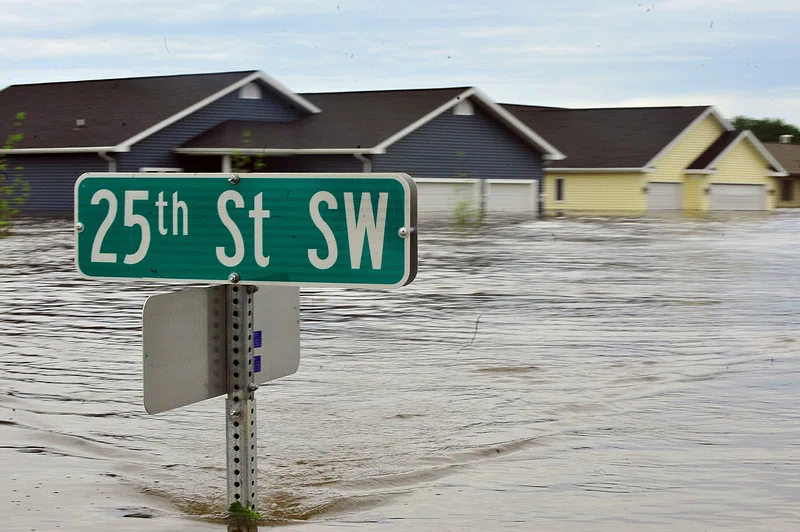
In the past, home disclosures were all about leaky basements or outdated wiring. But in states like California and New York, laws now require sellers to reveal if a home is in a flood, fire, or heat risk zone—something Forbes notes is part of a growing trend nationwide. Climate risk is becoming just as important as square footage. And ignoring it can lead to legal trouble or lower home values.
These rules are part of a broader push for transparency as weather events intensify. Potential buyers want to know what they’re getting into—and regulators agree. Expect this to become standard practice in more states. It’s no longer just about the neighborhood—it’s about nature.
2. Homeowners Must Now Factor in Environmental Impact

Sustainability is no longer a bonus—it’s an expectation. According to Zillow, buyers and local governments alike are increasingly demanding eco-conscious upgrades, from solar panels to native landscaping. In some regions, not having these features may even affect your home’s desirability or resale value. Cities are also rolling out incentives—or penalties—to push greener living.
For homeowners, this means rethinking everything from your appliances to your lawn. Choosing energy-efficient windows or reducing water consumption isn’t just smart—it’s now part of staying competitive. Even curb appeal is being redefined by environmental trends. If you’re not adapting, you’re falling behind.
3. You Could Be Penalized for Not Conserving Water
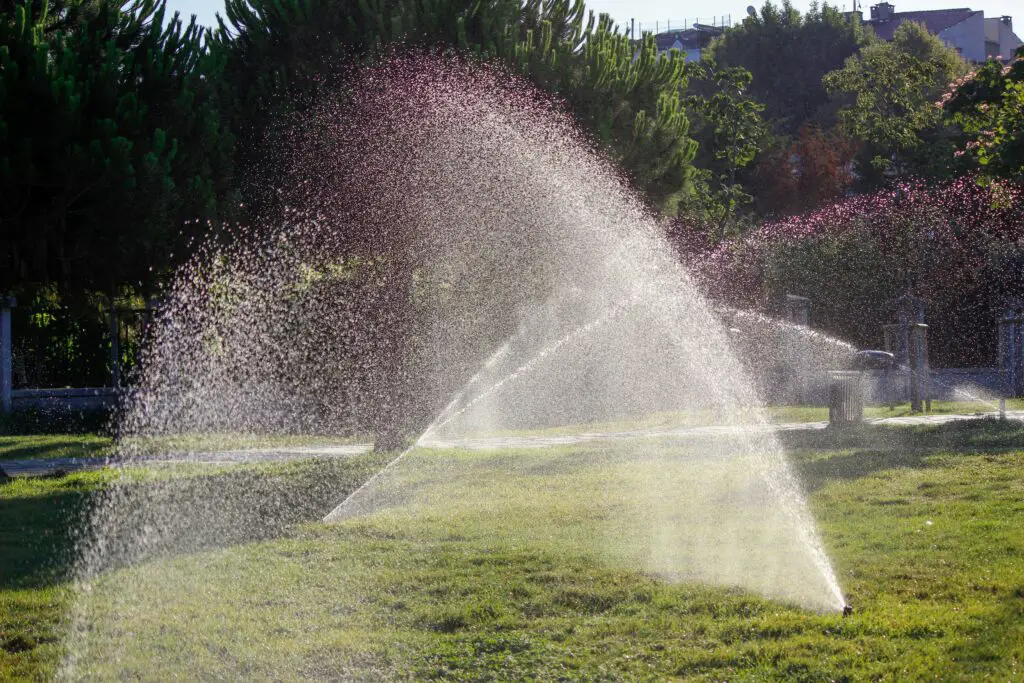
As droughts become more frequent, water conservation has moved from encouraged to enforced. In places like Arizona and parts of California, The New York Times reports that homeowners can face fines for overwatering lawns or installing non-native greenery. Water budgets, usage tracking, and even smart irrigation tech are now expected in certain developments. What was once a suggestion is now written into local code.
This means your lush green grass may not be welcome—or even legal—in some communities. Xeriscaping and drought-tolerant gardens are becoming the norm, not the exception. Some HOAs have also flipped their stance, now favoring gravel or synthetic lawns. It’s a major culture shift for suburban landscaping.
4. Energy Usage May Be Monitored by Your Local Government
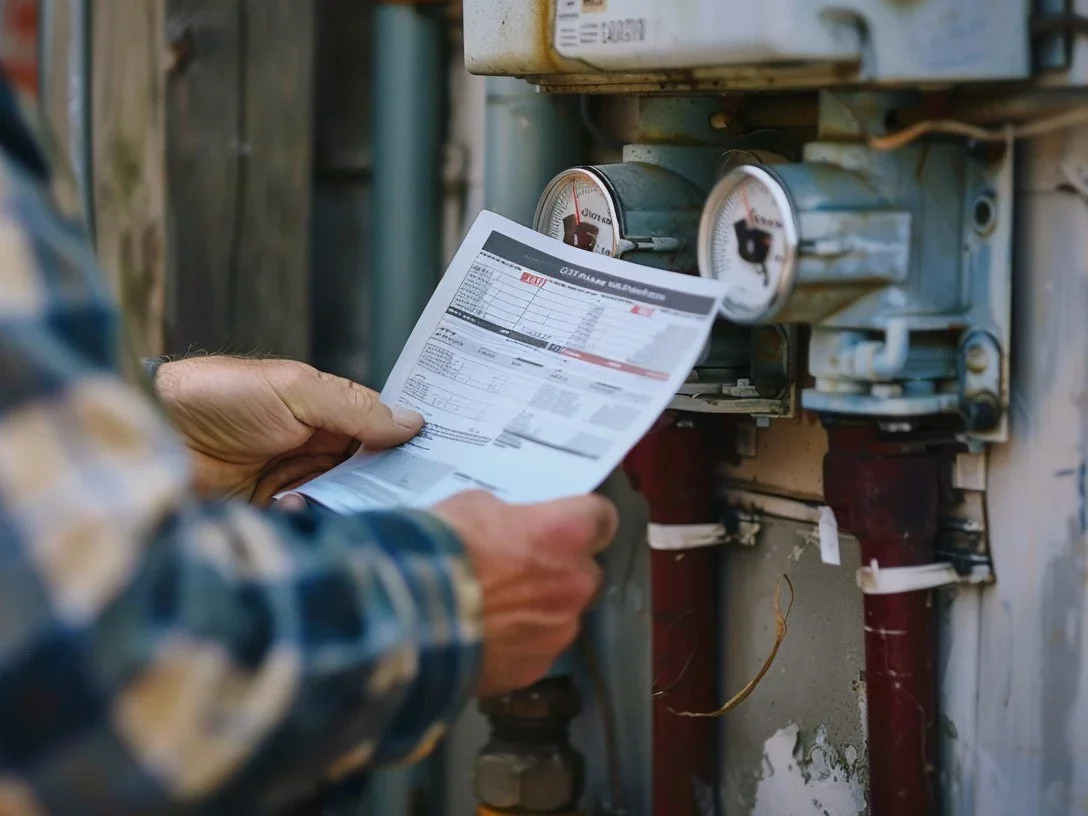
Cities are cracking down on inefficient homes as part of climate action plans. In places like Denver and New York, energy benchmarking laws now require homeowners to track and report how much electricity and gas they use annually, according to Bloomberg. Eventually, poor performance could mean higher taxes or mandatory upgrades. The energy score of your home could become as important as your credit score.
For many, this is a wake-up call about how much their home truly costs. Smart thermostats and insulation improvements are no longer just for comfort—they’re strategic moves. The rules around energy use are getting stricter by the year. If your house is leaky, it might also be costly in more ways than one.
5. Some HOAs Now Restrict Certain Smart Devices
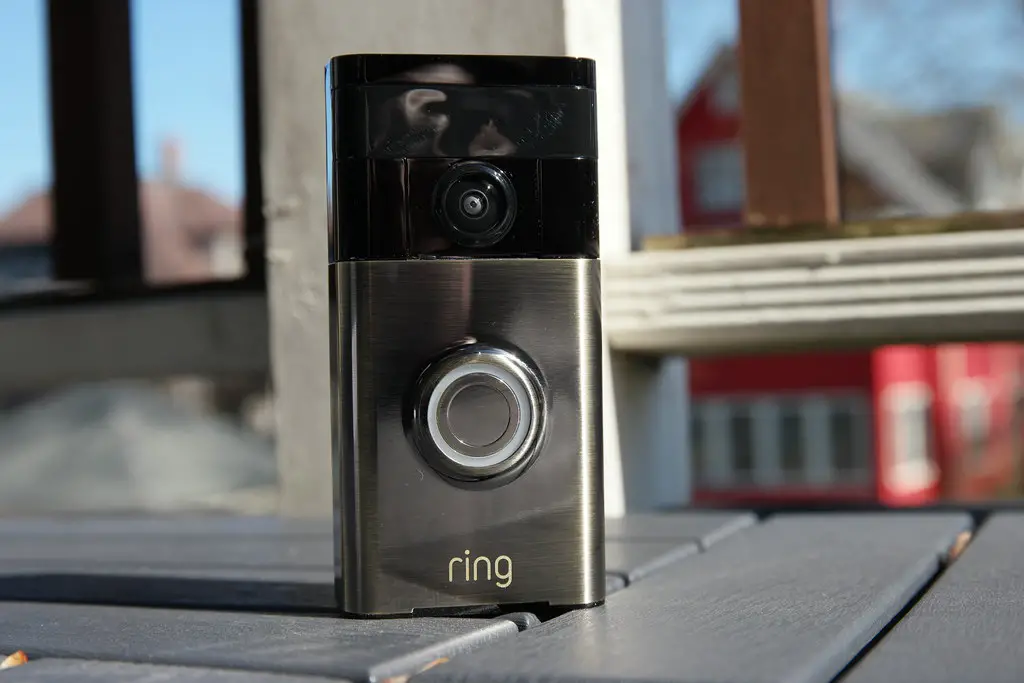
Believe it or not, not all tech upgrades are welcome. Some HOAs have started limiting the use of visible security cameras, smart doorbells, or exterior sensors, citing privacy concerns. They argue these devices can capture footage beyond property lines or infringe on neighbors’ rights. That Ring camera on your porch could spark unexpected drama.
Homeowners are finding themselves stuck between security and regulation. It’s a reminder that even helpful tech must be HOA-approved in some communities. Always check your covenants before installing anything with a blinking light. Modern convenience might come with an old-fashioned no.
6. Your Fence Could Be Too High—Even If It Was Legal Before
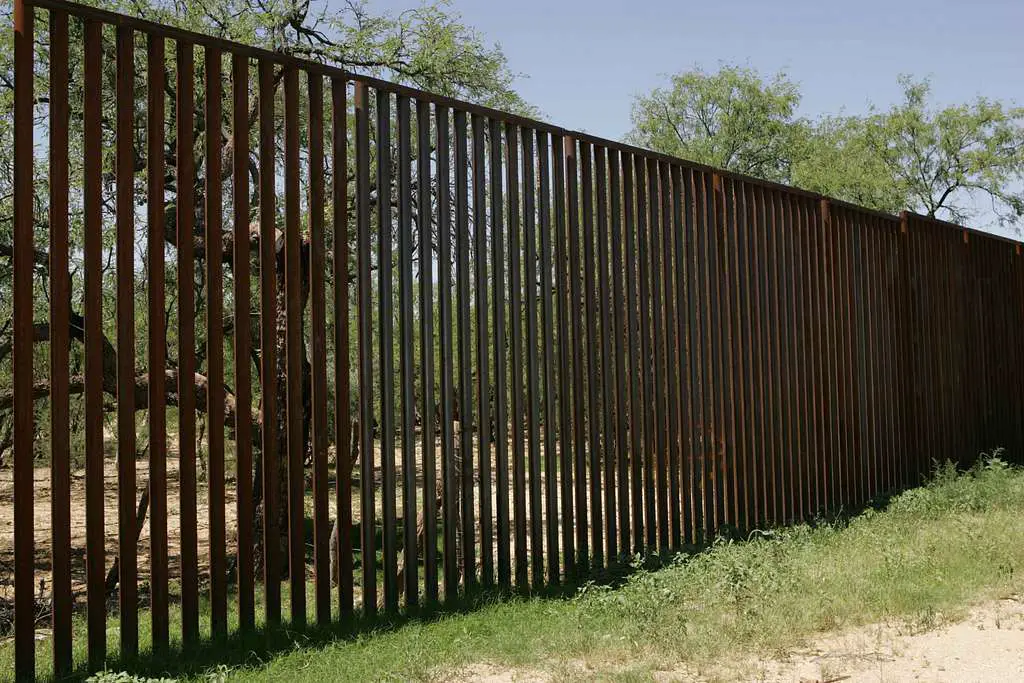
Cities across the U.S. have updated zoning codes, including new rules about fences. In many places, six feet is now the max—and even that depends on location and visibility. Homeowners who once had taller fences grandfathered in are now being asked to lower or replace them. Some are even fined if the structure is deemed unsafe or obstructive.
What’s behind the crackdown? Safety, street aesthetics, and the growing push for “friendly” urban design. If you’re planning any outdoor project, double-check your local code. The rules are more precise—and more enforced—than ever.
7. Exterior Paint Colors Must Match a Neighborhood Palette
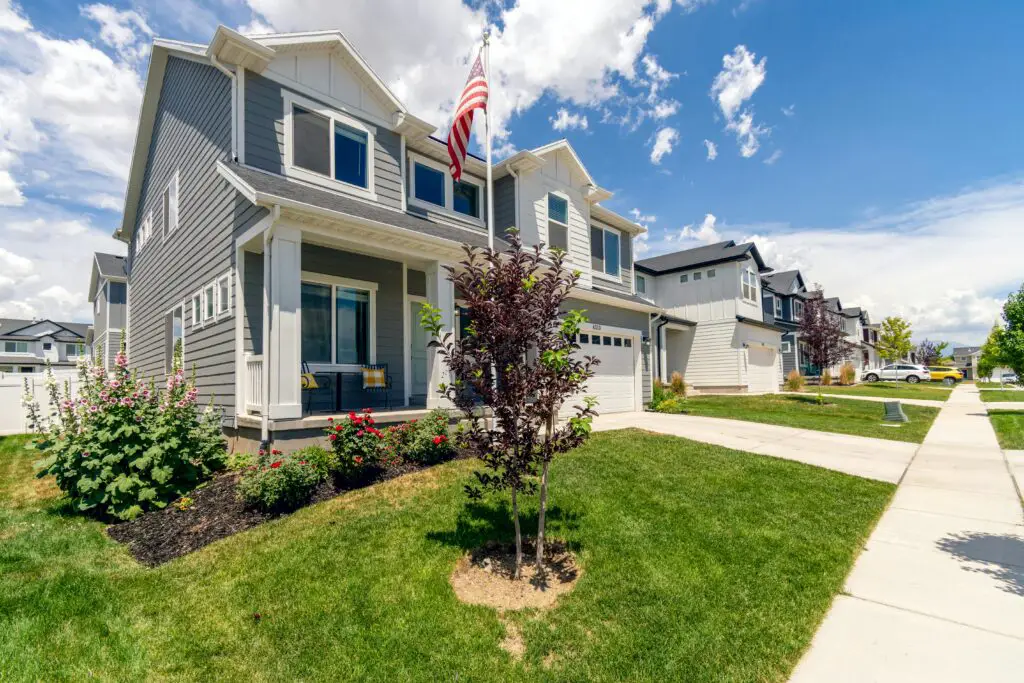
While design freedom used to be part of the homeowner dream, many communities now have strict paint color rules. Some HOAs only allow approved shades for trim, siding, and shutters. Deviating from the palette could mean repainting at your own expense. Even tasteful, trendy colors like charcoal gray or navy blue can get flagged.
This is especially common in newer developments and master-planned communities. They aim for visual cohesion, but it can feel creatively stifling. If you have big plans for a bold new hue, check the fine print first. Your dream home color could be someone else’s violation.
8. Lawn Signs and Flags Face Tightened Restrictions
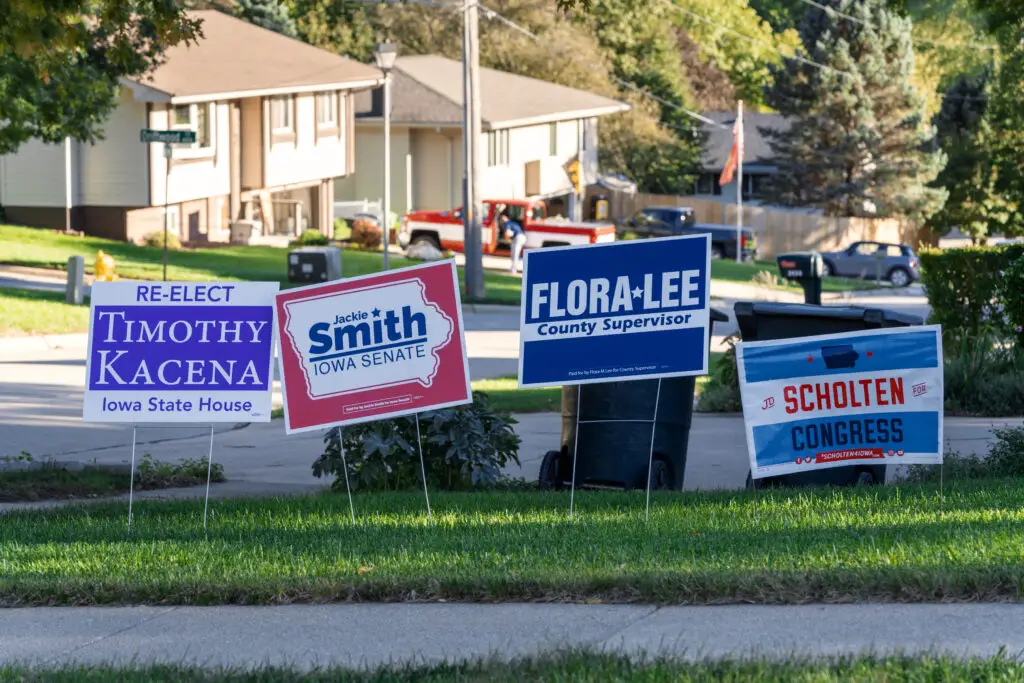
Displaying a sign or flag used to be simple, but it’s now become a legal gray area in some places. HOAs and municipalities have put up new rules around signage size, placement, and even messaging. While some protections remain for political signs, personal flags or banners are often regulated. Violations can come with surprising fines or warnings.
This can impact everything from graduation signs to holiday décor. The aim is usually to maintain curb appeal and avoid conflict—but it can feel restrictive. If you like to express yourself via your front yard, proceed with caution. The rules are changing quickly.
9. Gas Appliances Are Being Phased Out

Many cities are working to phase out gas stoves, water heaters, and even furnaces in favor of electric alternatives. While it’s not yet national policy, more building codes are leaning green. Some permits are even denied if new gas lines are part of the plan. And in new builds, all-electric is often the default.
If you’re replacing an appliance, you may find fewer gas options available—or more expensive installation fees. This shift isn’t just about utility preferences; it’s part of broader emissions targets. Going electric may soon be the only way to stay compliant. Your next renovation might come with a very different blueprint.
10. Stormwater Rules Now Apply to Homeowners
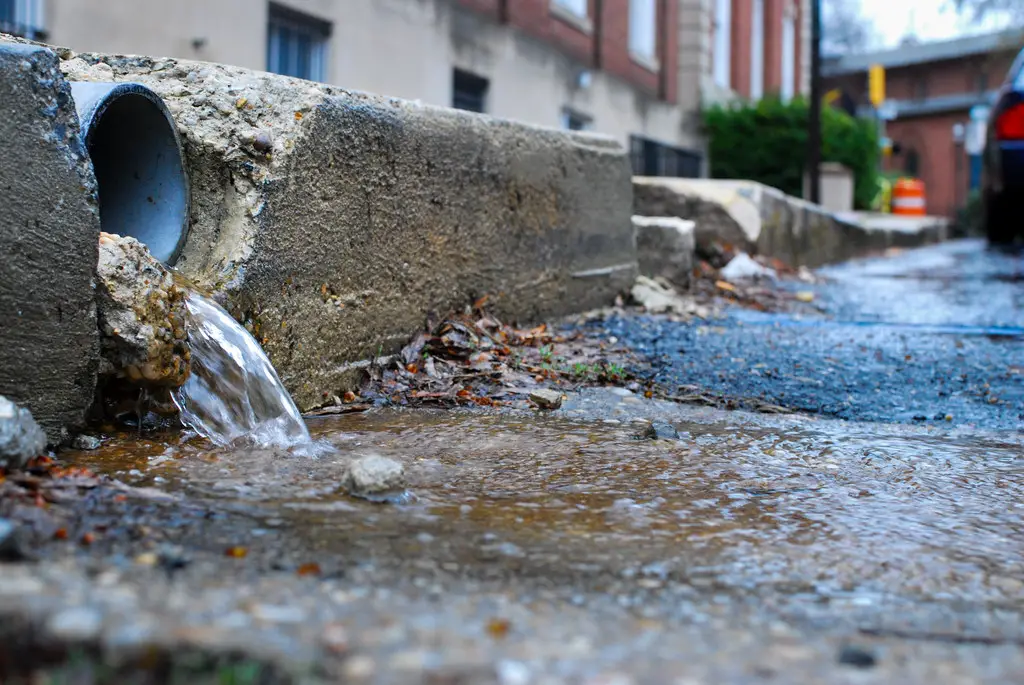
In many areas, stormwater runoff is now a regulated issue—not just a city problem. Homeowners may be required to manage runoff through rain gardens, permeable pavers, or rain barrels. Cities like Philadelphia and Seattle have rolled out programs and fines for noncompliance. Too much runoff from your property can now land you in hot water.
These rules are aimed at reducing flooding and protecting local waterways. But for homeowners, it’s another checklist item during landscaping or remodeling. Even your driveway design could be subject to stormwater rules. Ignoring them can get costly—fast.
11. Rental Registration Is Mandatory in Some States

If you rent out a room or a second home—even occasionally—you might need to register as a landlord. Many states have cracked down on short-term and long-term rentals by requiring permits, inspections, and fees. What once felt like a casual side hustle now involves real paperwork. Failure to register can mean steep penalties.
This especially affects platforms like Airbnb and VRBO. It’s also true for people who house hack or rent out in-law units. Being a landlord, even for weekends, now comes with legal strings attached. The casual rental days are officially over.
12. Home Insurance Requires Climate Disclosures
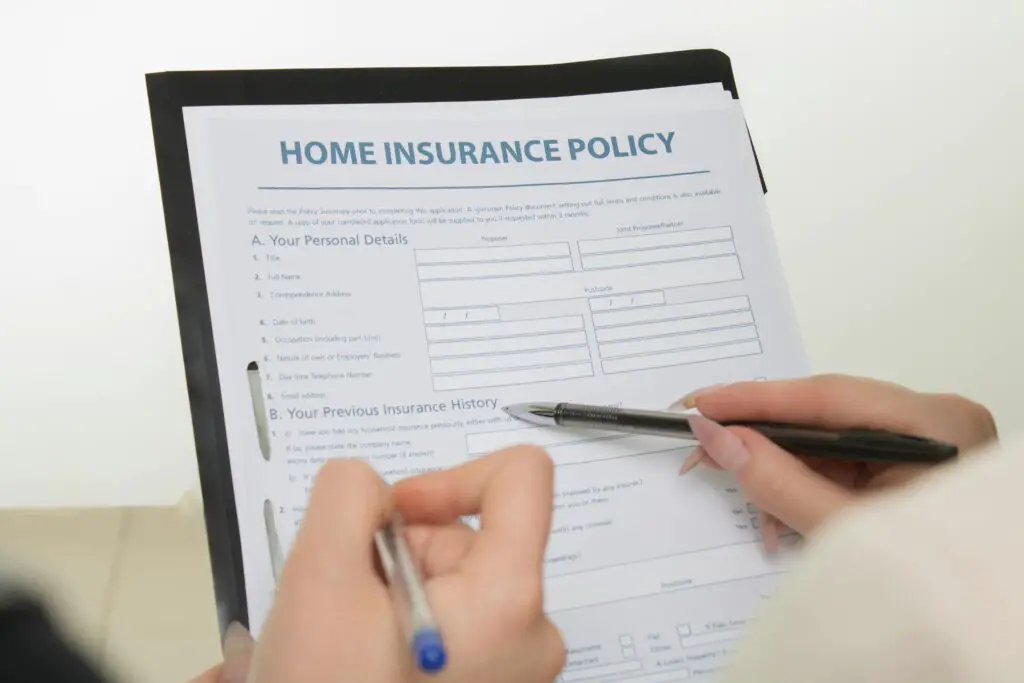
Insurance companies are getting stricter about where and what they’ll cover. In fire-prone or flood-risk areas, coverage may be denied without proper disclosures or mitigation systems in place. Some insurers now require homeowners to clear brush, install sump pumps, or retrofit roofs. It’s protection for them—and a burden for you.
Homeowners are being asked to prove their property can withstand disasters. This means higher upfront costs and more inspections. Policies that were once simple are now deeply conditional. Protecting your home means checking more boxes than ever.
13. You Could Be Fined for the Wrong Landscaping
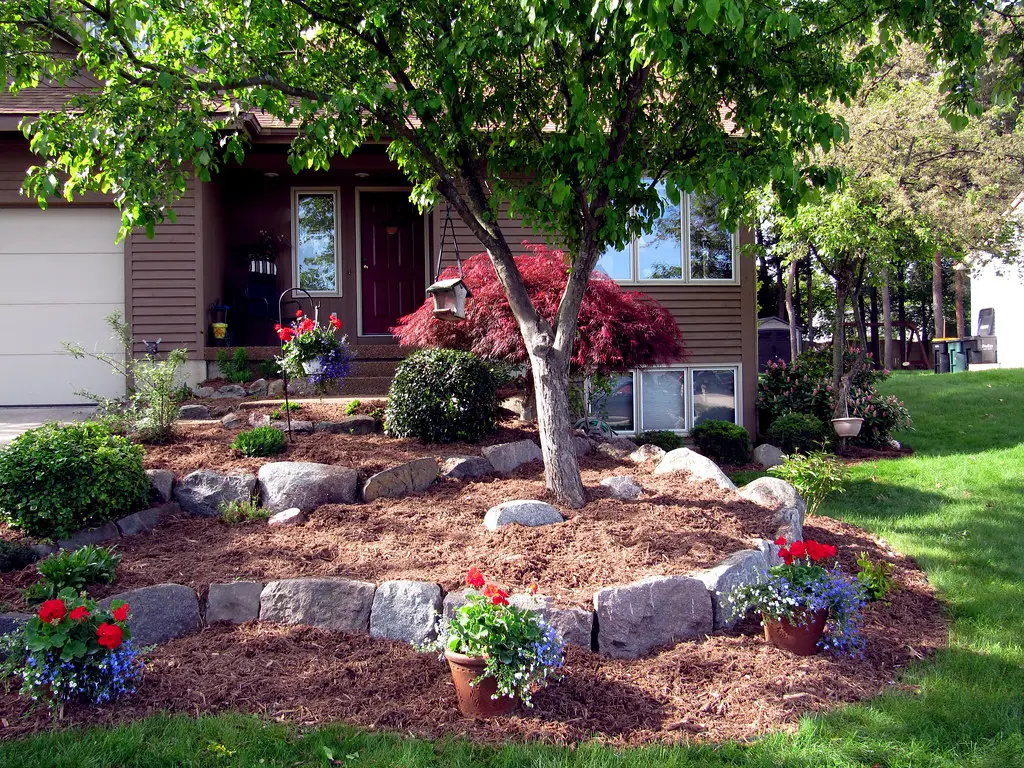
Some municipalities now have rules around “acceptable” landscaping, including bans on invasive species or certain tree types. Bamboo, for instance, is illegal in parts of the U.S. due to how aggressively it spreads. Even plants like ivy or pampas grass can trigger warnings or removal orders. Nature isn’t as free-range as it used to be.
If you’re planning a backyard makeover, the plant list may need a fact-check. Local codes are growing more specific to support ecosystem health. What’s beautiful to you might be a violation to the city. Check before you dig—or plant with regret.
14. Solar Panels Can Be Required in New Builds
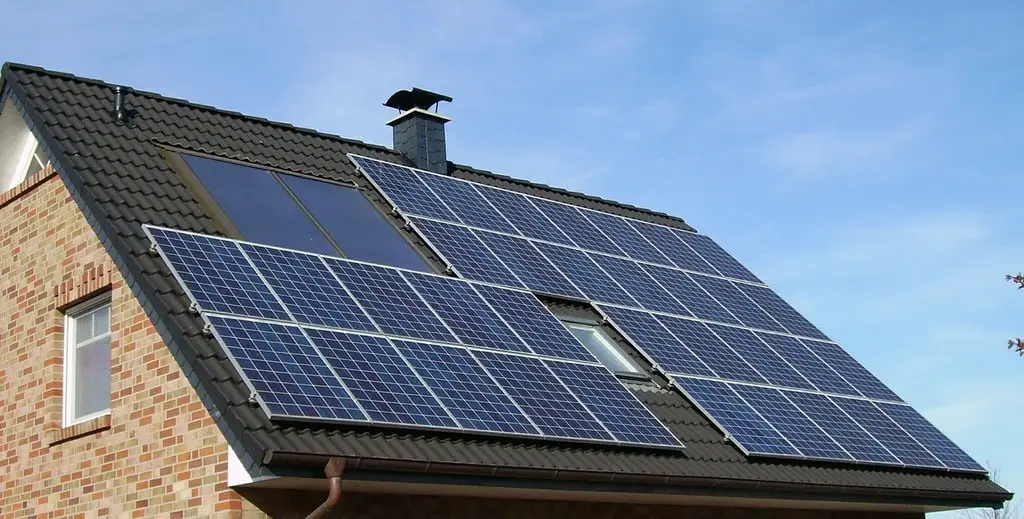
In some states—especially California—solar isn’t just an option, it’s a mandate. New construction homes must often include rooftop solar panels as part of energy efficiency codes. Homeowners may also face pressure to retrofit older homes with panels to meet emissions goals. It’s no longer just about saving on electric bills—it’s about compliance.
Even where solar isn’t required, rebates and incentives are structured to make it hard to ignore. For builders and buyers alike, solar is becoming standard. If your roof isn’t ready, it may affect appraisal or resale. The sun is now a building code factor.
15. You Can Be Penalized for Noise—Even Inside Your House
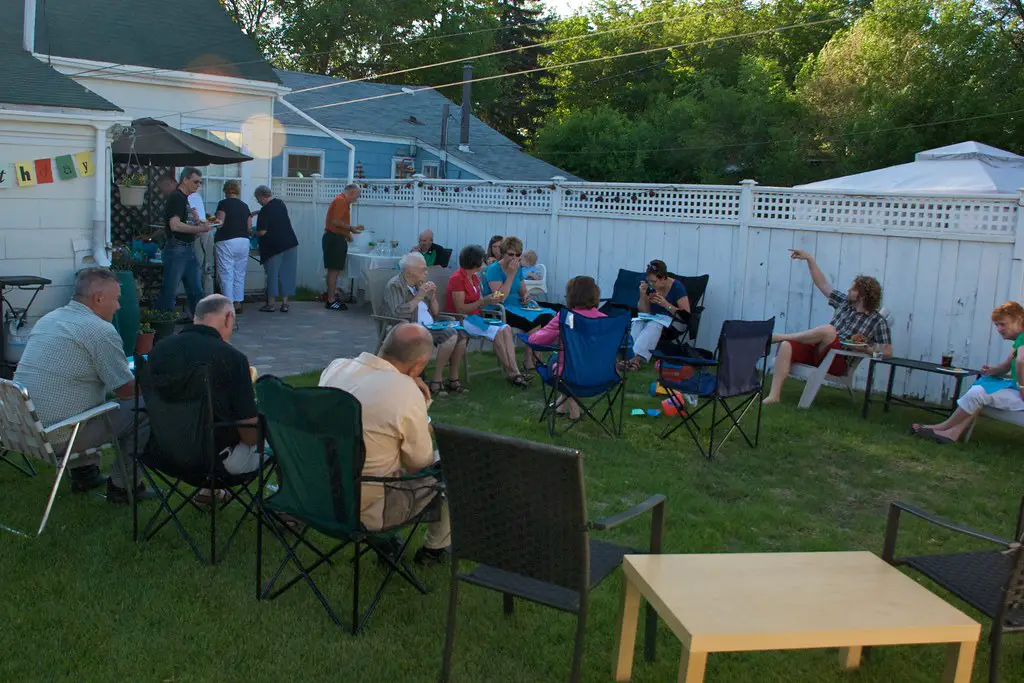
Sound ordinances have gotten surprisingly strict in some neighborhoods. Whether it’s loud music, barking dogs, or home gym equipment, noise complaints are climbing. Smart doorbells and security cams have made it easier for neighbors to document violations. Some cities now fine homeowners for repeated indoor noise infractions.
You might not even realize how much sound your subwoofer carries. It’s a new reality where home life must stay mindful of others—even when indoors. Soundproofing and quiet hours are no longer just for apartment living. Being a “good neighbor” now includes decibel awareness.
